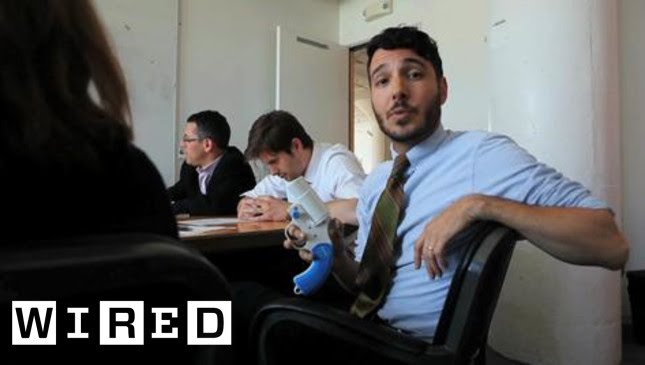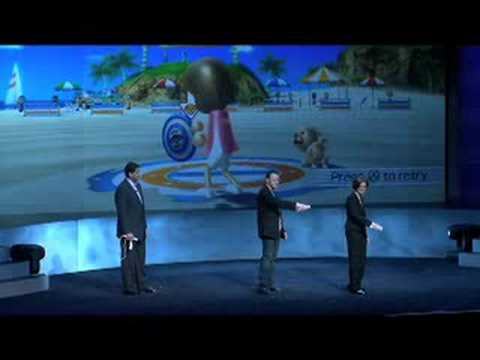Using Interaction Data for Healthcare: Leveraging Everyday Activities
Summary
In this article, we discuss the importance of using interaction data as a source of information for healthcare. The speaker, a computer scientist and interaction designer, emphasizes the need to convert data into useful information and the importance of contextual information and supporting users in creating questions and hypotheses. The speaker’s group at Carnegie Mellon is focused on collecting data about individuals’ behavior to improve their healthcare situation. They suggest leveraging everyday activities, such as taking medicine, doing laundry, reading, and balancing checkbooks, as a source of data for healthcare.
Table of Contents
- The Technological Revolution and the Need for Contextual Information
- Leveraging Everyday Activities as a Source of Data for Healthcare
- DwellSense: Collecting Information About Everyday Behavior
- Conclusion
The Technological Revolution and the Need for Contextual Information
With the technological revolution, various sensors and mobile devices have become available to collect data about individuals’ behavior. However, many health-related applications only collect self-reported data without converting it into useful information. To convert data into information, the speaker emphasizes the importance of contextual information and supporting users in creating questions and hypotheses. By doing so, we can gain a better understanding of individuals’ behavior and improve their healthcare situation.
Leveraging Everyday Activities as a Source of Data for Healthcare
The speaker’s group at Carnegie Mellon is focused on collecting data about individuals’ behavior to improve their healthcare situation. They suggest leveraging everyday activities, such as taking medicine, doing laundry, reading, and balancing checkbooks, as a source of data for healthcare. These activities stand apart from other technologies that are explicitly worn or used in a clinician’s office. By using everyday activities as a source of data, we can gain a better understanding of individuals’ behavior in their natural environment.
DwellSense: Collecting Information About Everyday Behavior
DwellSense is a technology that collects information about everyday behavior by instrumenting the artifacts people interact with. It is designed to understand and assess cognitive decline in elders and seniors without affecting their performance of daily activities. The technology uses sensors and hardware in a $5 pillbox to collect data on the quality of performance of activities such as taking medication, making phone calls, and brewing coffee. The focus is on the quality of performance rather than success rate, as changes in performance occur much earlier than mistakes. The technology was developed by Matthew Lee and sponsored by the Robert Wood Johnson Foundation Pioneer Portfolio and the National Science Foundation.
Conclusion
In conclusion, leveraging everyday activities as a source of data for healthcare can provide valuable insights into individuals’ behavior in their natural environment. By using technologies such as DwellSense, we can collect information about everyday behavior without affecting individuals’ performance of daily activities. This can help us understand and assess cognitive decline in elders and seniors and improve their healthcare situation.







